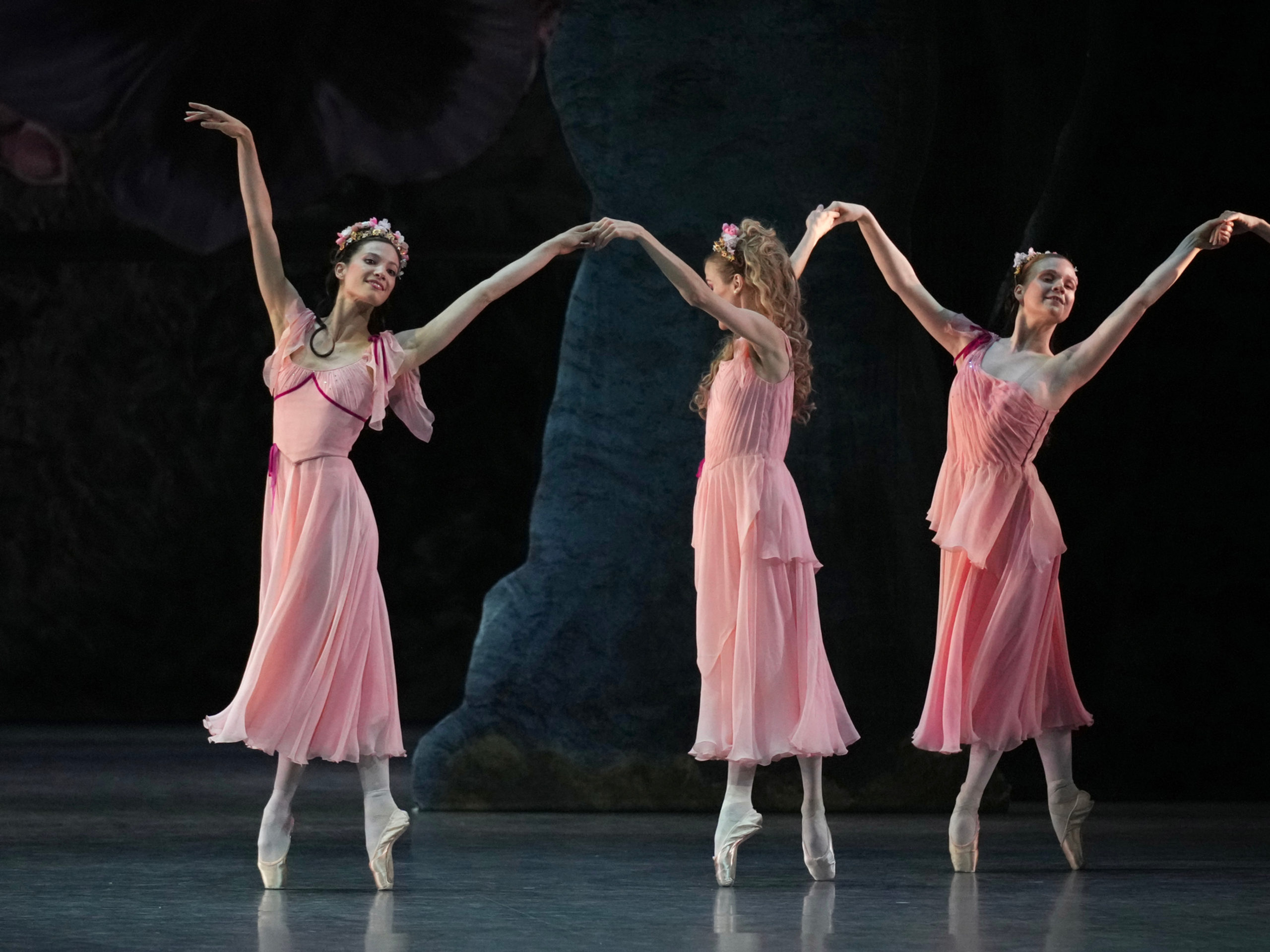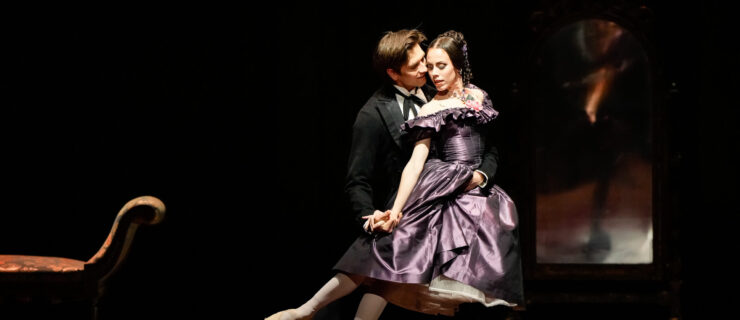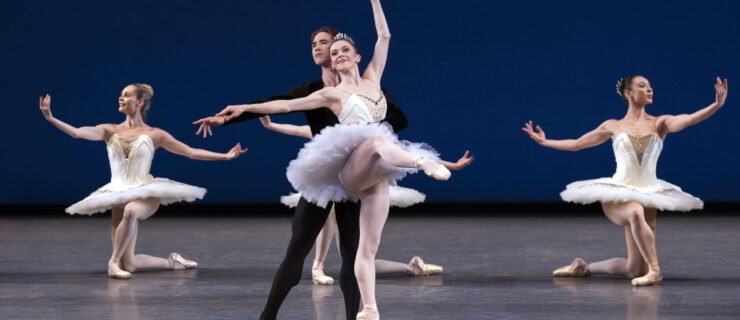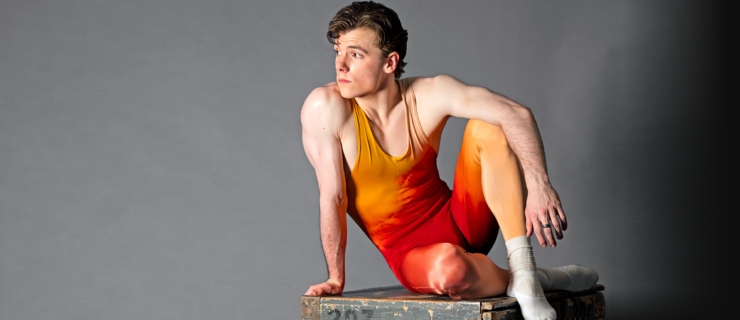From Philadelphia to the Paris Opéra Ballet: Lillian DiPiazza’s Surprising Second Act
In January 2020, Lillian DiPiazza had what many would consider a dream job: She was a principal dancer with Pennsylvania Ballet (now Philadelphia Ballet). But like most of the world at that time, she had no idea how much was about to change, or what exciting but difficult decisions lay ahead.
Over the next two and a half years, she would go back and forth between dancing as a principal with Philadelphia Ballet and dancing in the corps of the Paris Opéra Ballet in a series of short-term contracts, hopping from one continent to another trying to avoid various pandemic shutdowns. As COVID-19 stabilized and regular performances resumed, she had to decide if she’d stay in Philadelphia, where she’d danced since 2008 and been a principal since 2016, or if, at age 31, she’d leave to take another short-term corps contract (this time, for one full season) in Paris in hopes of becoming a permanent member.
She bet on Paris—and it paid off. This month, she began her first full season as a permanent member of the company, starting as a quadrille, the most junior rank. She’s one of only three Americans in the 154-member troupe.
We caught up with DiPiazza to hear about making it into the famed POB (a notoriously difficult achievement for dancers not trained at their school), adjusting to a new style, dancing in the corps again, and betting on herself at a crossroads in her career.
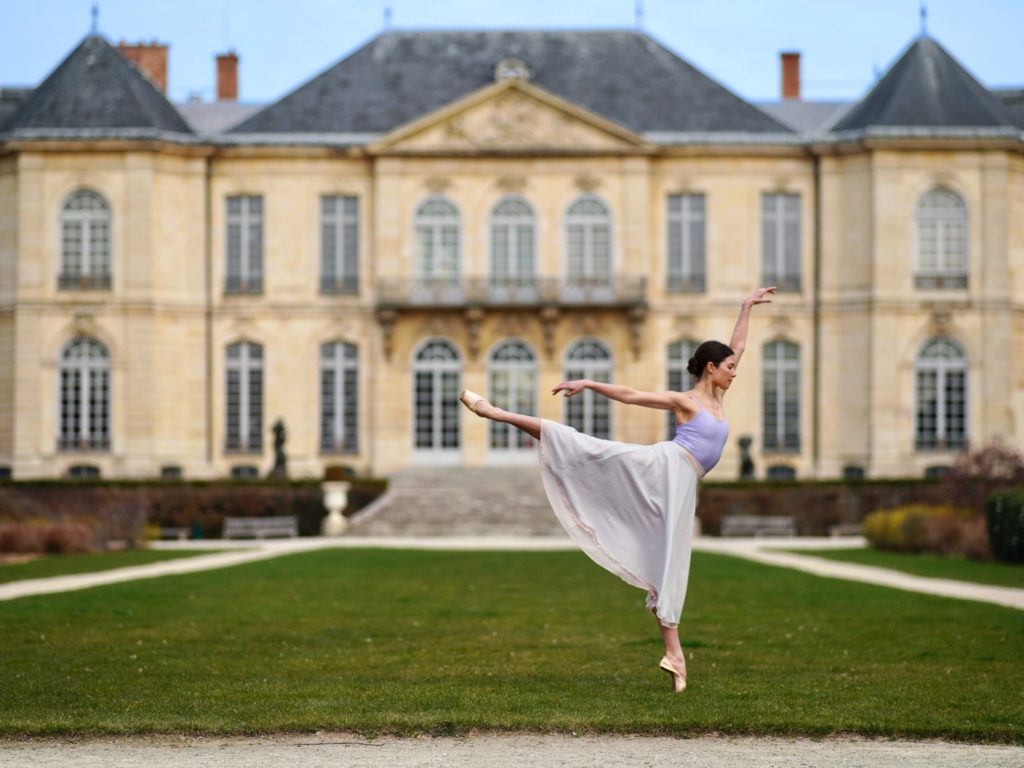
How did your journey to the Paris Opéra Ballet begin?
I was going to Europe for a wedding in the summer of 2019 and noticed on the POB website there’d be an audition while I was there, the concours. I’d never heard of it, but learned it’s the open audition everyone has to do to get into the company. I pre-applied and got accepted, so I decided to prepare the required variation from Soir de Fête and go for it, even though I hadn’t been to an audition in years.
I made it through all the cuts and got to perform the variation for the panel. At the end, they post a ranking of the top six dancers. I wasn’t on the list, so I thought my story there was over.
But in January of 2020, POB called and asked me to join for three months for Giselle. I was shocked. Luckily, my director in Pennsylvania, Angel Corella, was supportive of me taking a 3-month leave. So, off I went!
What was it like arriving in such a different company after so many years in Philadelphia?
It was a lot to adjust to, but it was so exciting. My French was limited to “baguette,” so I had a lot of catching up to do. Many rehearsals are run in French, so understanding my corrections was a big challenge. One of the dancer’s grandmother’s started tutoring me twice a week. Now I speak quite well!
Rehearsing in the corps again was a transition. As a principal at Philadelphia Ballet, it was usually just a few people in a studio and I’d rehearse my part and be done. Now, I was in two-and-a-half-hour rehearsals with no break, in big groups run like military drills. It was a completely different way of working the corps than I had experienced.
But I had advantages, as well. Though I was hired for Giselle, I wound up dancing in Serenade and Concerto Barocco during that period. Because I was experienced and had danced those ballets, I was able to quickly go in when they needed someone.
COVID-19 hit not long after you arrived in Paris. How did the pandemic impact your career?
It got really complicated. Companies in the U.S. shut down before those in Europe, so my work in Paris was not interrupted in my initial contract. It was still “ballet in the kitchen” in the U.S. when POB called and asked me to return for La Bayadère in the fall. I was thrilled, but shortly before the performances began, shutdowns happened, and the production was canceled. I came back to the U.S. in time to dance in a digital program with Philadelphia Ballet.
By the spring of 2021, it was looking like there would be a more regular season in Philly the following year, and I had to decide if I’d sign my contract. But I just had this feeling that I wasn’t done in Paris. I went back and did the concours a second time. This time I was ranked third and offered a one-year contract. But it still wasn’t permanent, meaning I could only do corps work and I’d have to audition again at the end of the year.
That must have been a tough decision.
It really was. I was 31, and contracts at POB end at age 42. It’s extremely rare to take someone into the company at my age permanently. If I didn’t get a contract, where would I go at 32? In Pennsylvania, I had so much going for me, but I also felt like I’d done much of what I could do there. If I wanted to have a chance at something really new and challenging in the next phase of my career, I’d have to take a risk. So, I said goodbye to Philly and moved to Paris.
What was it like going from principal to corps for a full season?
It was hard at first to humble myself in that way. But it’s a culture of work there—everyone has their head down. There’s technique classes for new dancers, so I found myself in class with dancers recently out of the POB school. But it was a good way to learn the French style, the different port de bras and angles of the head. The American way is to push and move fast, and the French way is to take time with the details. I like to think I have a good combination of both now.
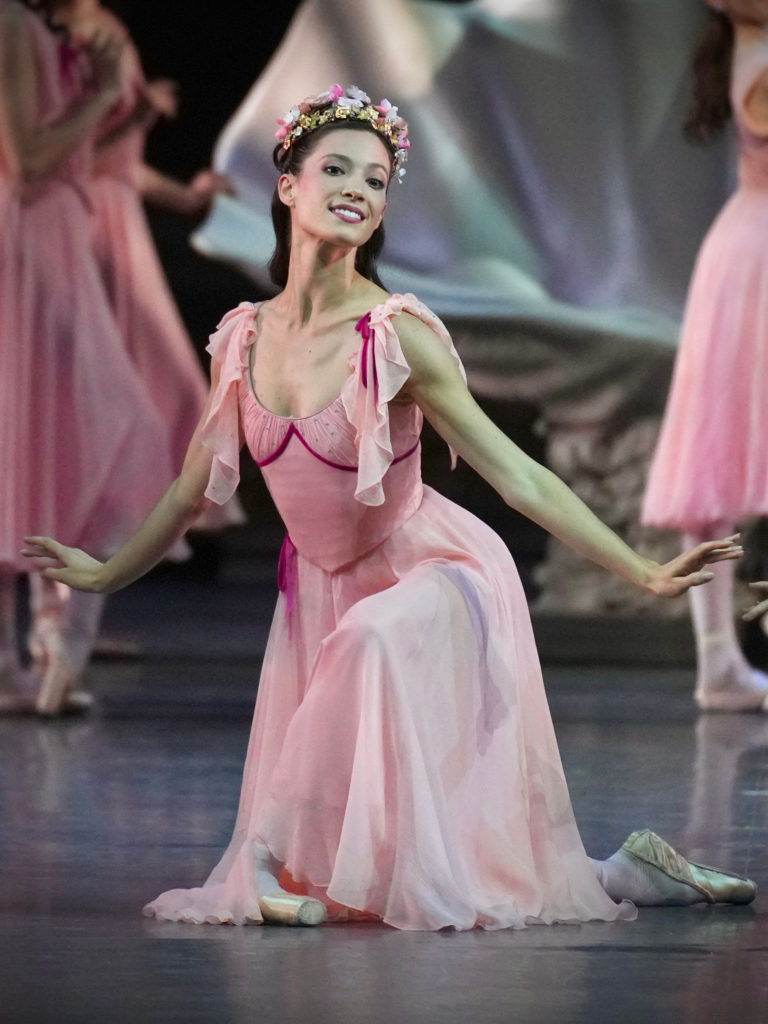
And then you finally won the French over.
Yes! I did the concours for a third time at the end of the season. Ludmila Pagliero coached me in my variation, which was so special. This time, I placed first, and the next day I was offered a permanent contract. It was unbelievable.
In November, I’ll do the internal concours de promotion to try to move up in the company. We are so conditioned as dancers to think that our careers are not in our hands, that we have no control. So it’s crazy to me that I thought “Let me see if I can do this,” and now here I am, ready for the next chapter.
